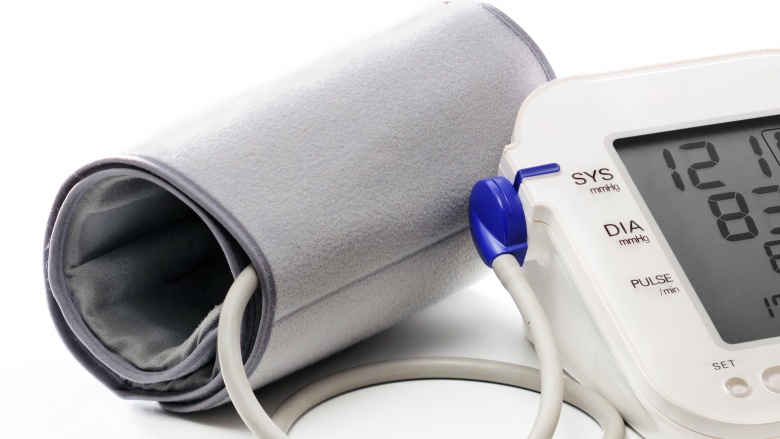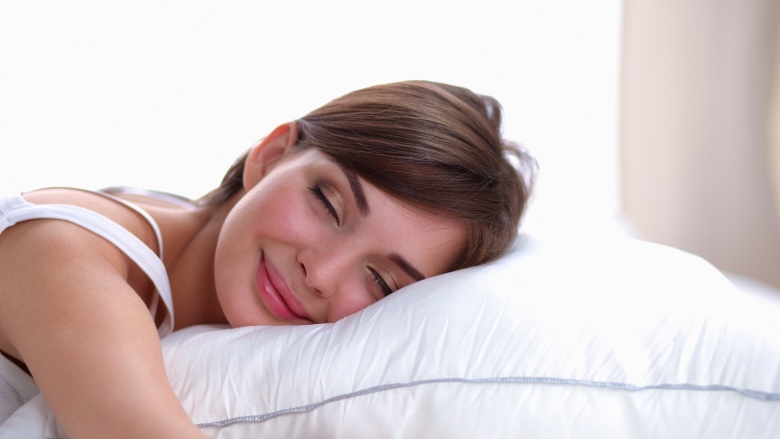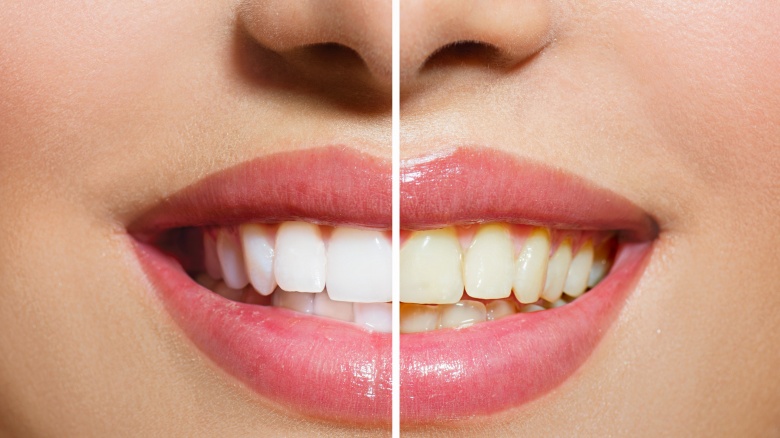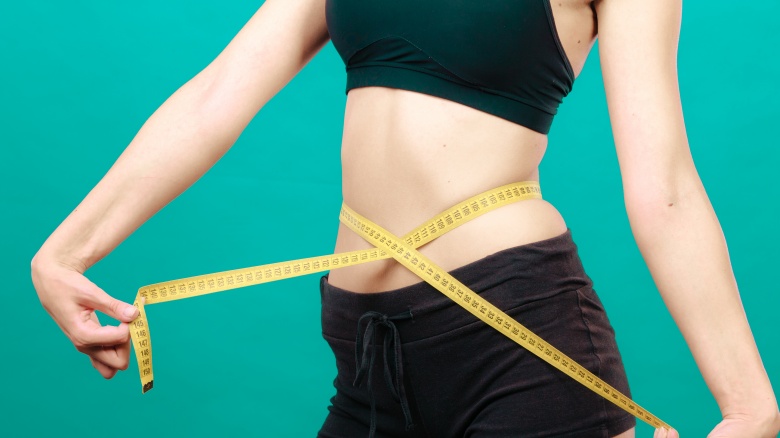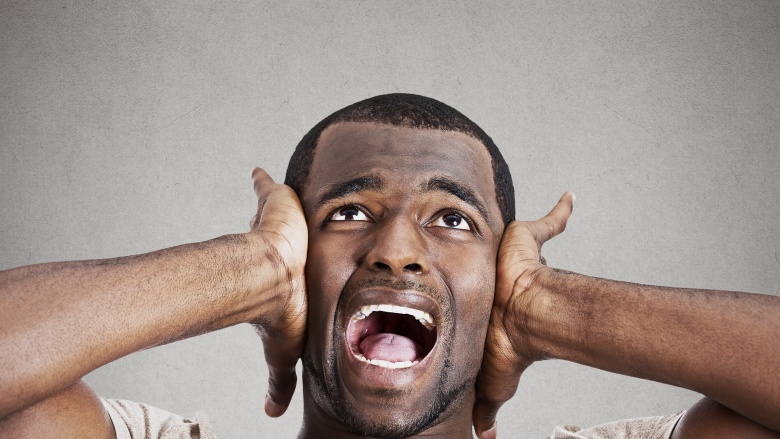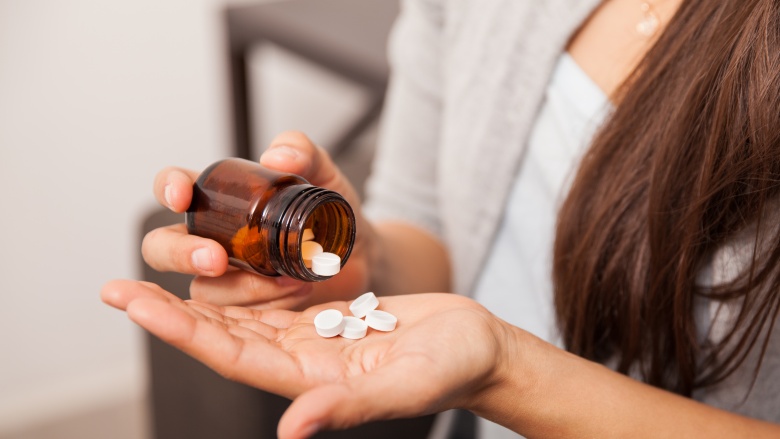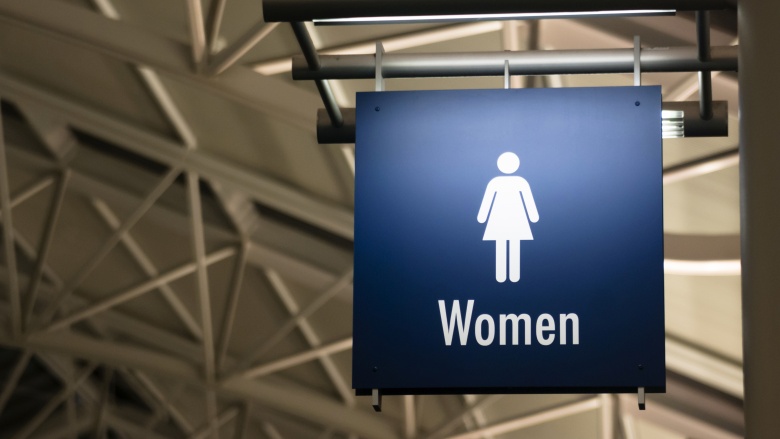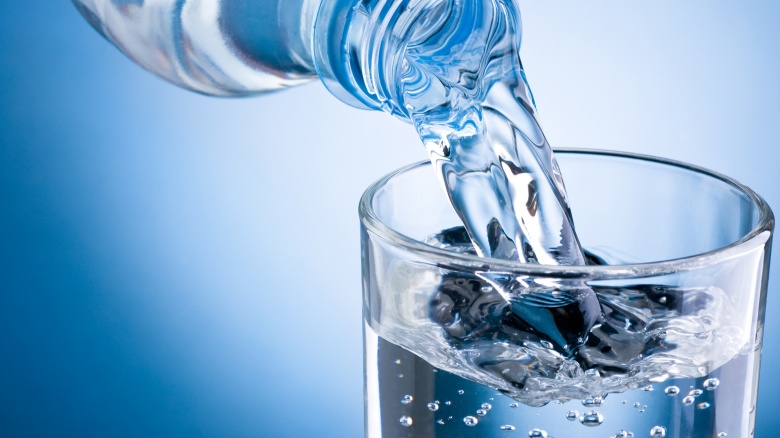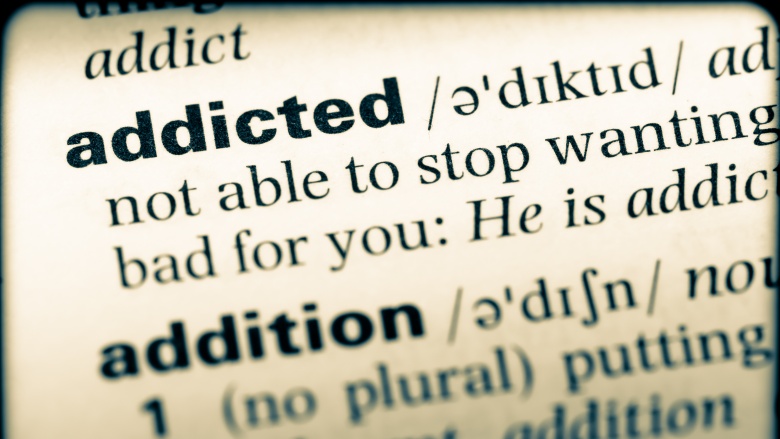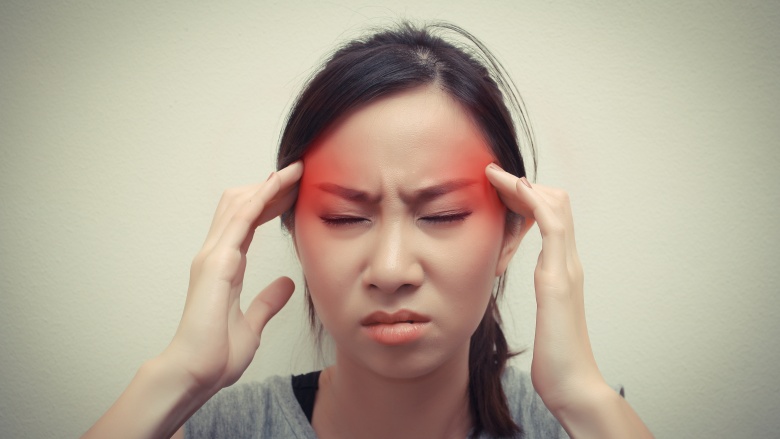What Happens To Your Body When You Give Up Caffeine
Coffee is glorious. Enjoyed by billions for its miraculous abilities to pick up and wake up, it's a uniter. People in the Middle East like it (Arabica beans!), people in South America like it (Colombian beans!), people in the U.S. like it (there's a Starbucks every 15 feet). But once in a while there comes a time when some poor soul must give up not just coffee, but its active ingredient, caffeine, in all its many forms. And there are good reasons to quit coffee and the like: it can destroy your stomach's lining, deprive you of sleep, or send your blood pressure sky high. Caffeine is a highly addictive substance, and your body goes through quite an ordeal when you try to break that dependence. Here's a look at what happens to your body when you quit consuming coffee, tea, soda, and energy drinks.
Your blood pressure will go down
Caffeine is a stimulant. Sure, it makes you more awake and focused, but along with that immediate speed-up affect on your brain comes the speed-up affect on the heart and blood. Because it's a vasoconstrictor, or substance that narrows blood vessels, caffeine raises blood pressure — from just a few points in some, to huge numbers in others. (The American Psychosomatic Society attributes 20 percent of all stroke-related deaths to caffeine consumption.) Eliminating it from your diet can restore your blood pressure to normal healthy levels, or at the very least, help you avoid huge spikes every time you pour a cup of coffee.
You'll sleep better
Caffeine helps you fight off the sleepies, of course, but it can work too well, providing not just a clean break from sleep when you need to be awake but preventing sleep when you actually want to be sleeping. Drinking too much, especially late in the day, can wreak major havoc on your sleep patterns. Its affects can be felt as long as six hours later — meaning a cup of coffee to get you through the last hour of work at 5:15 could be the reason why you're laying in bed, wide awake, at 11:15.
Your dental health will improve
Over time, consumption of coffee and tea can color teeth a subtle shade of brown. The sugar in caffeinated sodas leads to tooth decay. And then there's how large amounts of caffeine can lead to teeth grinding, or bruxism, in the middle of the night. Getting the culprits of tooth stains and jaw pain out of the picture can lead to better overall mouth health (not to mention prettier, whiter teeth).
You'll lose weight
Well, that depends. If you drink tea as-is or coffee black, this one doesn't much apply. But if you put a tablespoon of cream and a sugar packet in every cup, that's an instant elimination of a few hundred calories a day. If sugary sodas are your caffeinated vice, the calorie cut is even greater — every can has about 150 empty, nutrition-free calories. And you're likely not just consuming one can a day. Studies show that consuming caffeine and sugar in tandem is so delectably addictive to the body that it leads to increased consumption. The popularity of sugary sodas has also been linked to the worldwide obesity crisis. But at the end of the day, quitting caloric drinks means less calories going into the body, which over time can lead to significant weight loss.
No more unnecessary adrenaline spikes
Caffeine aggressively stimulates the adrenal glands, leading to the release of adrenaline into the bloodstream. But since your body (probably) isn't going through a "fight or flight response" on a daily basis, that adrenaline isn't necessary. The result is agitation and high anxiety. But switch out the coffee for something without caffeine, and it's likely you'll lose those adrenaline spikes and enjoy more stable moods.
You'll get fewer headaches
If you've got a nice dependency on caffeine going and you go for a long period of time without having any — say, half a day — you're probably going to get a headache. But the thing is, caffeine is so caustic and disrupts so many of the body's natural tendencies that it can backfire on those positive benefits... and, ironically, lead to headaches, which is the body's natural response when it's overwhelmed or fighting off a bad feeling. Quitting the caffeine, however, ends those end-game-of-caffeine headaches (well, after the caffeine withdrawal period is over, that is).
It can help you be more, uh, "regular"
To put it lightly, drinking large amounts of caffeine stimulates the bowels. While not yet completely understood why, it's likely that caffeine is a pro-motility agent, meaning that it contacts muscles (and aggressively so) in the digestive tract. That, and coffee's natural acidity, are why a serving of coffee can aid in relieving an episode of constipation, but it's also why a strong cup of coffee or two can lead to a very urgent trip to the bathroom. Taking caffeine out of the diet can put a quick stop to those potty emergencies that always seem to come with alarming regularity in the middle of the morning.
You'll stop shedding water
Caffeine is a diuretic. That means it causes the kidneys to go into overdrive in their constant duty to cleanse the blood — the organs react by pulling extra water out of the bloodstream (along with caffeine molecules) and send it to the bladder for disposal. The bladder fills up much more quickly when the body is under the influence of caffeine, which means more trips to the bathroom. The result is dehydration. Ending the caffeine habit, however, means your body holds on to the water it needs to function properly. A 2010 study at the University of Alabama found that women in particular are much more prone to this caffeine-triggered frequent urination, a condition also known as "leaky bladder." The study led by Dr. Jon Gleason found that women who consumed more than 329 mg of caffeine each day (that's about four cups of medium-to-strong coffee) were 70 percent more likely to suffer incontinence.
You'll end the cycle of addiction
The reason why caffeine works so well is probably because you're addicted to it. It's by far the most popular drug in North America — 90 percent of adults use it daily. Because your body thinks it needs it, you have to drink it everyday. Skip a day, and you pay the price with headaches and irritability. But a gradual weaning off the stuff will ultimately free your body of its chemical need and allow it to live in a healthier overall state.
It's not going to be pleasant
That said, breaking an addiction is a tough process, even for something as relatively innocuous (compared to other drugs) as caffeine. Your body is dependent on caffeine, and it will head into your new, healthier, caffeine-free lifestyle kicking and screaming and making life very difficult for you. Unless you slowly wean yourself off of coffee, tea, or soda (drinking a little less than your usual amount each day until it's down to zero), you can expect these symptoms for the first week or so after kicking the habit cold turkey: throbbing headaches, exhaustion, an inability to concentrate, irritability, fatigue, and wild mood swings. In other words, the lack of caffeine has the exact opposite effect on the body that drinking caffeine does.

